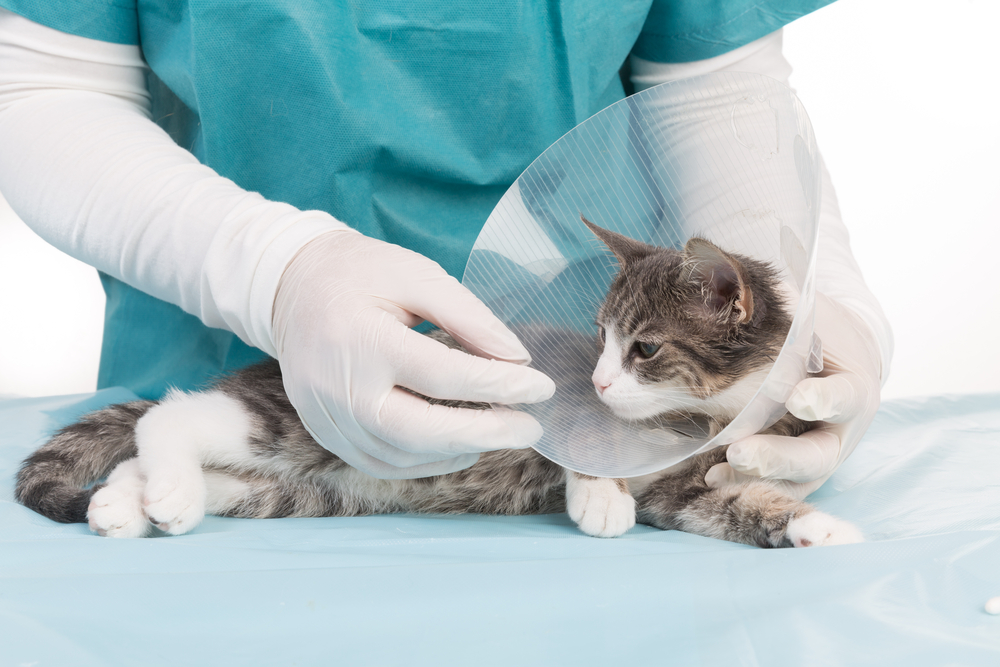GS-441524 is a nucleoside analog that has shown potential in treating viral infections, particularly in cats with feline infectious peritonitis (FIP) caused by feline coronavirus (FCoV). The drug works by inhibiting viral RNA synthesis, which ultimately leads to a reduction in viral replication and spread.
Several studies have shown that GS-441524 is effective in treating FIP in cats, with some cases even resulting in complete remission of the disease. In one study, 25 out of 26 cats with naturally occurring FIP that were treated with GS-441524 showed significant improvement in clinical signs and some even went into remission. Another study reported a 90% success rate in treating FIP with GS-441524.
However, it is important to note that while GS-441524 has shown promise in treating FIP in cats, it has not been approved for use in humans and more research is needed to fully understand its safety and efficacy in different contexts. Additionally, resistance to GS-441524 can develop, and there are concerns about potential side effects, such as kidney toxicity.
The length of treatment for Feline Infectious Peritonitis (FIP) with GS-441524, a nucleoside analog drug, can vary depending on the severity of the disease and how well the cat is responding to the treatment. In general, treatment typically lasts for a minimum of 12 weeks, and in some cases, it may be continued for up to 24 weeks or longer.

During treatment, regular monitoring of the cat’s clinical signs, blood work, and viral load may be performed to assess the response to treatment and make any necessary adjustments.
It is important to note that FIP can be a complicated and challenging disease to treat, and while GS-441524 has shown promising results in some cases, it is not a guaranteed cure for all cats with FIP. In some cases, the disease may progress despite treatment, or relapse may occur after treatment is completed. Therefore, close monitoring and ongoing veterinary care are critical for managing FIP in cats.